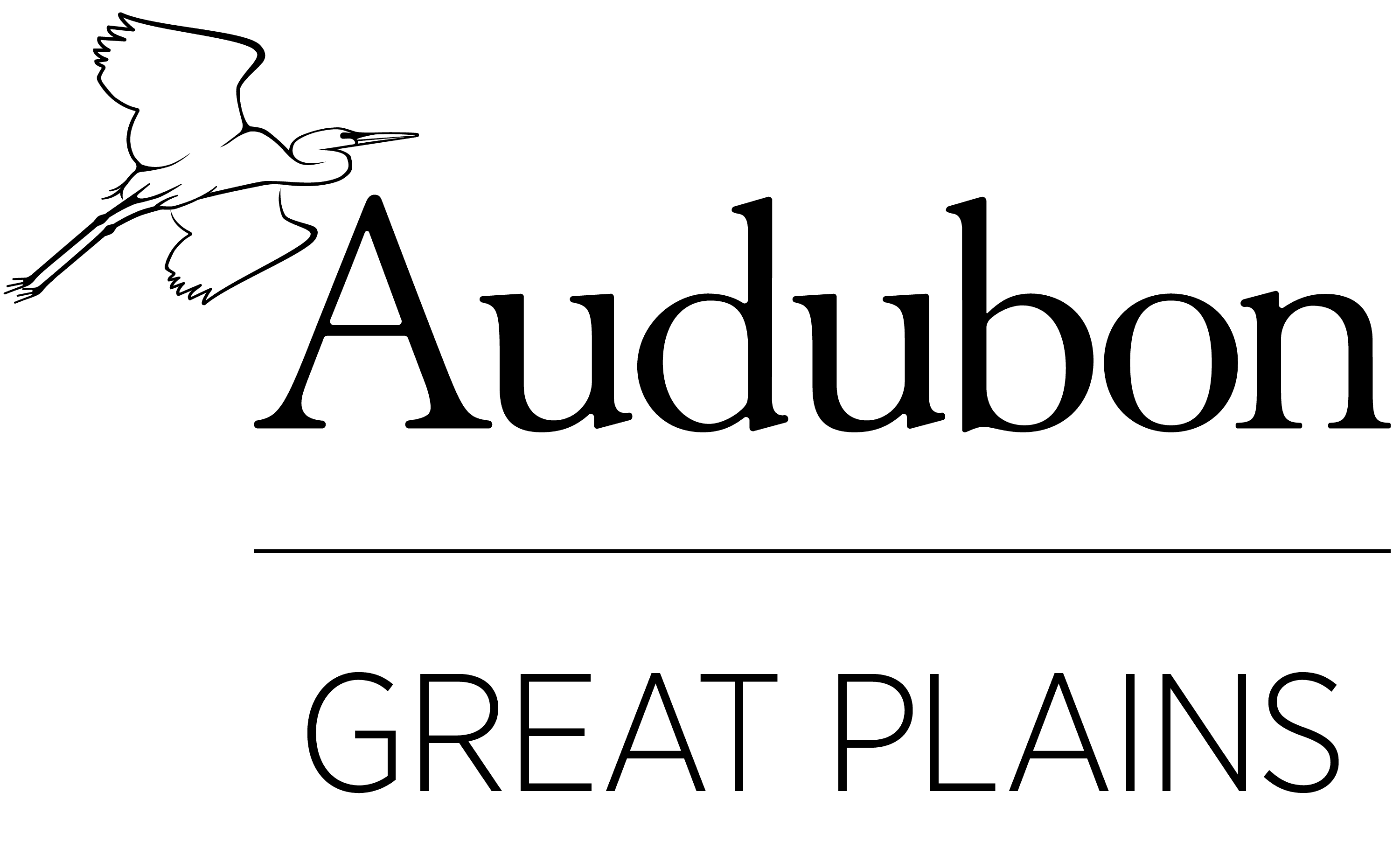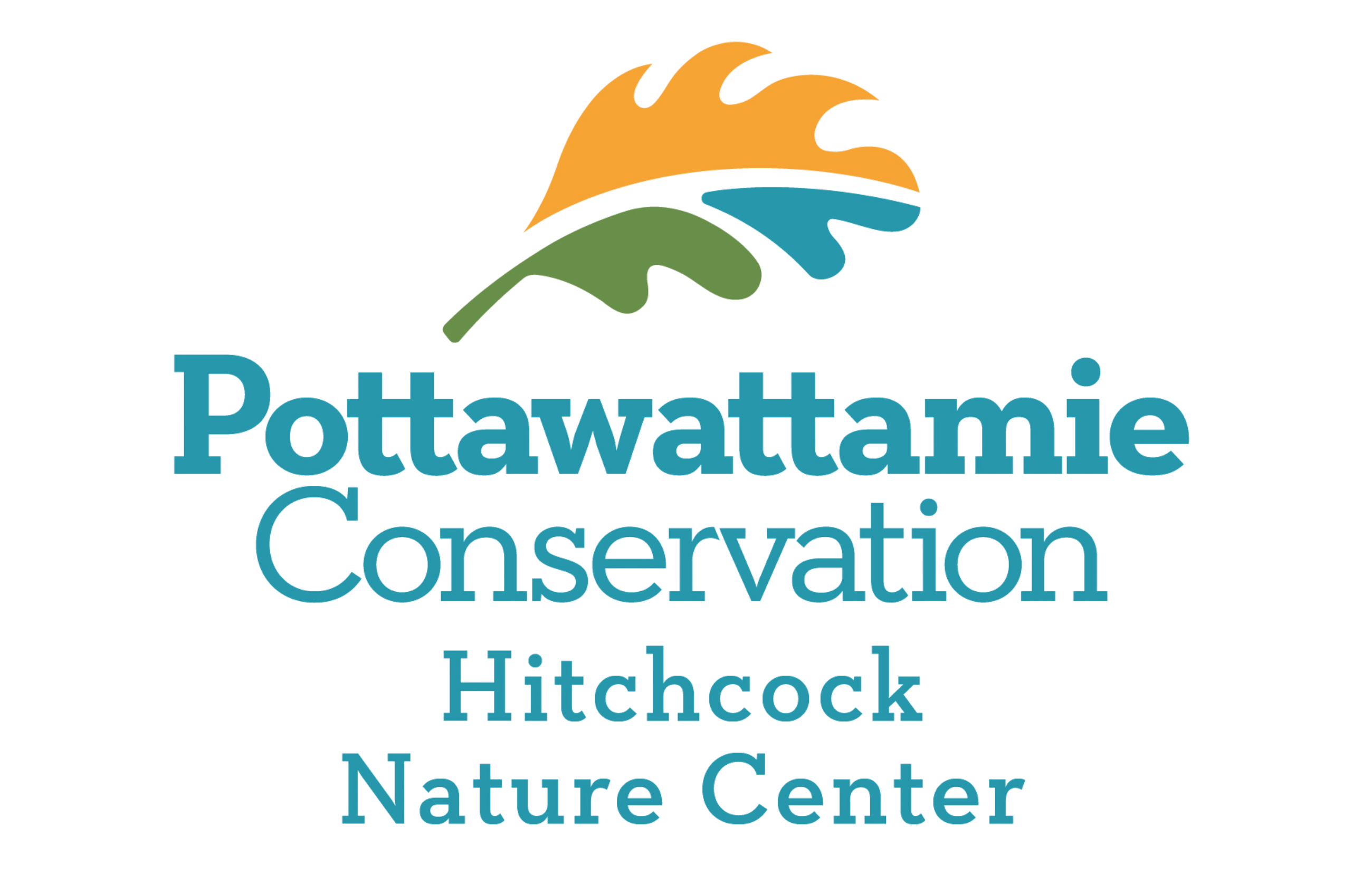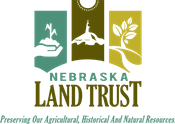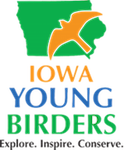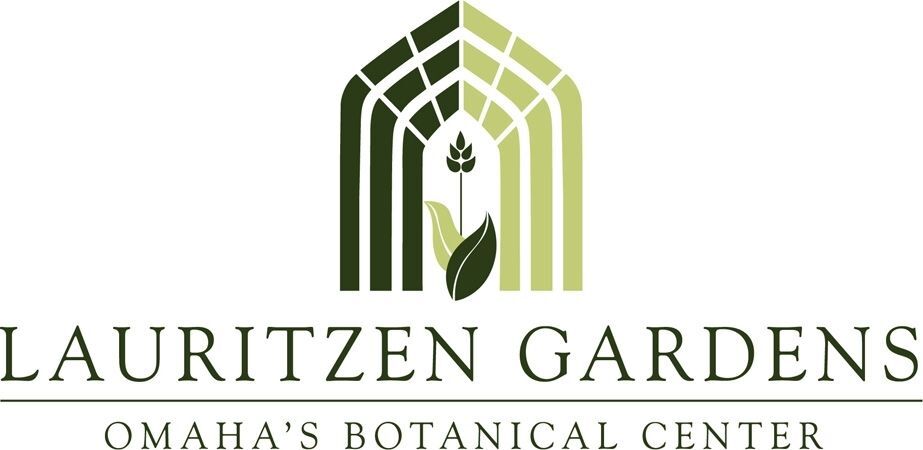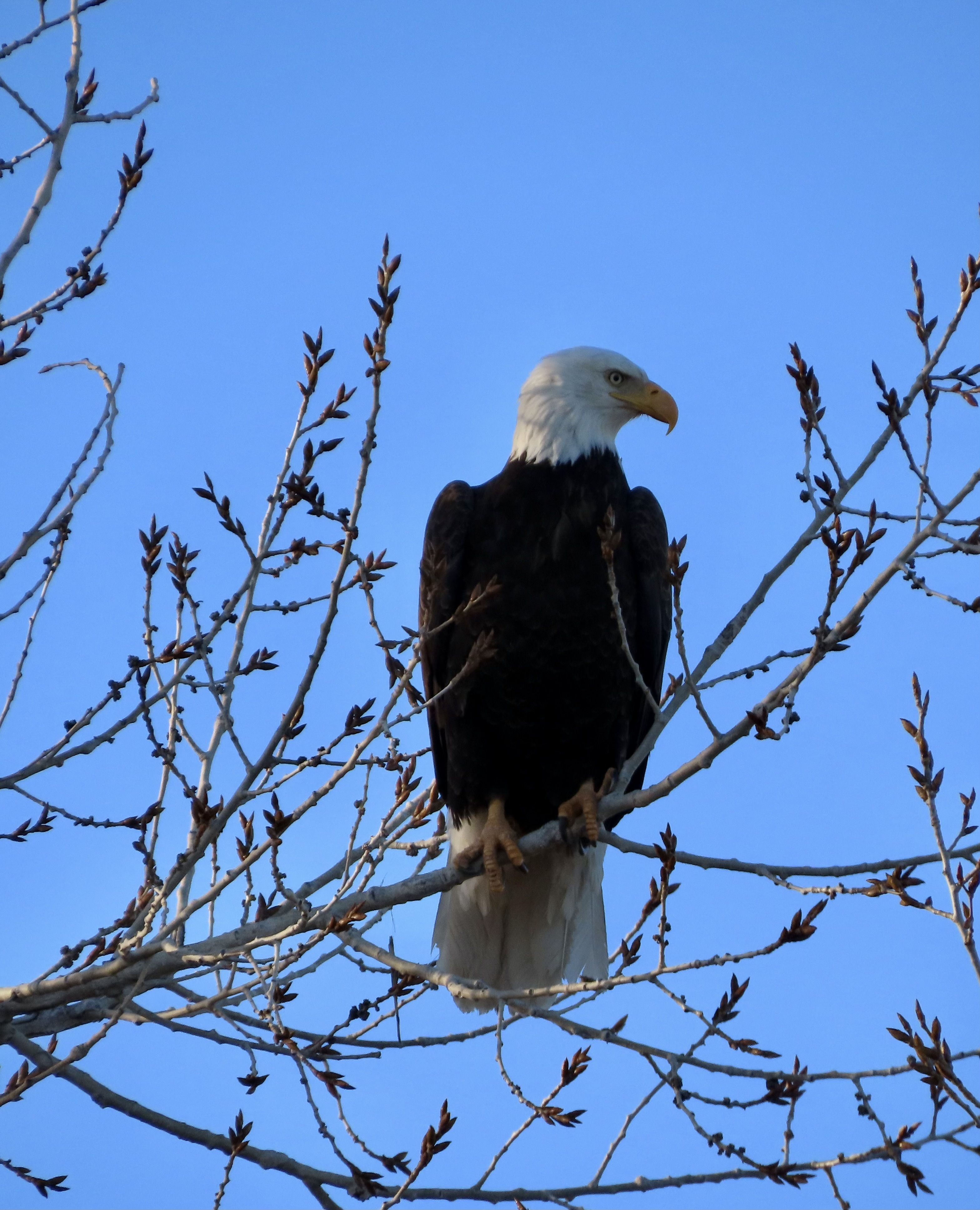
To paraphrase The Bard (or was it The Bird) … “What’s in a name? That which we call Bewick’s Wren or Bullock’s Oriole by any other name would tweet and tweet.” That may be true, but some of our feathered friends are carrying a lot of symbolic baggage in names that reflect a racist and colonial past.
Look to the east, and you’ll observe Audubon’s Shearwater, honoring the naturalist slave owner John James Audubon. Turn west, and you may spot Scott’s Oriole, recognizing General Winfield Scott who drove the Cherokee Nation down the Trail of Tears.
“Names have power and power can be for the good or it can be for the bad,” said Colleen Handel, president of the American Ornithological Society, which standardizes English-language bird names throughout the Americas. “We want these names to be powerful in a really good way.”
Why change now?
For nearly 140 years, the American Ornithological Society has curated the definitive list of English-language bird names in North America. Occasionally, the society has updated names, primarily to acknowledge scientific advances. Now it’s adopting a more inclusive, expansive approach to diversify birding and make it more welcoming to all.
On the same day in 2020, two events shocked many Americans into confronting the fact that Black Lives Matter: Police officers in Minneapolis killed George Floyd, and a white woman walking her unleashed dog in New York City’s Central Park called police, falsely claiming that a Black birder, Christian Cooper, had threatened her.
“Don’t bird in a hoodie. Ever.” It’s easy to think that J. Drew Lanham, a 2022 MacArthur Fellow, poet, and wildlife ecologist, made that observation recently. But he didn’t. It appeared in his essay, “9 Rules for the Black Birdwatcher,’ in 2013. The quote appears in Margaret Renkl’s “North American Birds Will No Longer Be Named for Racists – or Anybody Else,” her insightful guest essay in the November 13, 2023, New York Times.
The Central Park incident helped inspire concerned birders to organize the Bird Names for Birds initiative less than a month later. The group wrote to the American Ornithological Society, contending that many common names for birds are “isolating and demeaning reminders of oppression, slavery and genocide.” Petitioners called offensive bird names “verbal statues,” likening them to the scores of Confederate monuments erected across the American South after the Civil War.
A Simple, Elegant Solution
After careful study and reflection, the society announced in November of last year that it would embark this year on a project to assess the names of 70-80 bird species, mainly in the U.S. and Canada – about 6-7 percent of the region’s total bird species. “We’ve come to understand that there are certain names that have offensive or derogatory connotations that cause pain to people, and that it is important to change those, to remove those barriers to their participation in the world of birds,” said Handel the society president. Approximately 10 species will be evaluated in the 2024 pilot program.
It’s important to note the parameters of these efforts:
• The society will change the names of all birds named for human beings. That means every person, not just those associated with slavery, genocide or other reprehensible behaviors. Debating whether individuals were or were not worthy of having birds named after them would be divisive and unproductive.
• Scientific names of birds will remain the same. Strict rules govern those naming protocols, which exist to enshrine scientific accuracy and preserve evolutionary relationships among different species.
• Public engagement will be key to the project. The society recognizes the emotional and practical investments birders make over time.
• New names will reflect characteristics of the birds themselves, including their habitats, which could make them easier to identify.
Parting Thoughts
Margaret Renkl reminds us that, “Naming birds for their identifying characteristics instead of for the people who ‘discovered’ them may be little more than symbolic, with hardly any pragmatic effect on the birds’ prospects for survival in a burning world. But symbols have always mattered to our species. Like names themselves, they tell us something about who we are, what we value, how we belong to the world. If renaming the birds becomes part of a broad reorientation toward nature itself, it’s a symbolic gesture that could be the start of saving it all. The birds and us.”
Content for this story came from National Public Radio (story by Nell Greenfieldboyce), the New York Times (article by Katrina Miller, essay by Margaret Renkl), and the Indianapolis Star (article by Sarah Bowman).
Photo of American Bald Eagle by Anne Murphy


